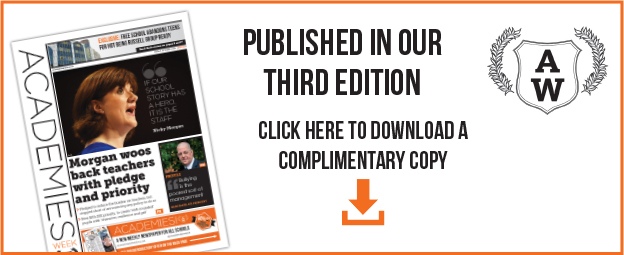Authors: Meanu Bajwa-Patel and Cristina Devecchi
Support for Learning, Volume 29, Issue 2, 2014
Publisher: Wiley Science
A dilemma every parent faces: “Which school is going to help my child reach their potential?”
Parents of children with no special educational needs often have upwards of eight schools in their local area to choose from and will spend hours attending open days, reading Ofsted reports and chatting to other parents before making a choice. The only barriers to a place will be catchment area, grades or sibling preference.
This research paper looks at the same process from the perspective of parents who have a child with a statement of SEN. The first thing that struck me about this research was that it only had 380 respondents. Kent has 6,500 children with a statement, so 380 is a tiny percentage. It also predominantly focused on children aged 12 to 13.
I was prepared to think there was no way this small number could reflect the one million children with statements. However, despite the small number, it was very clear that the issues facing the surveyed parents reflected those I see discussed daily by families on social media.
For me, as a parent to three children with statements, all with different needs, the process for choosing schools had little to do with geographical areas, grades or sibling preference.
One of my children attends a special school. The choice of appropriate special schools was limited and we had no confidence the local mainstream provision would
be suitable. In fact, we were “subtly” told they wouldn’t be able to meet his needs and encouraged to look
elsewhere.
My two other children attend mainstream schools with resourced provisions. Again, neither of these are local. One is four miles away and the other is 15 miles away.
Theoretically parents can specify their school of choice to be included on the SEN statement. In reality, this is not as easy as it sounds. It takes a strong parent to take on this battle and many worry about repercussions for their child if they are too warrior-like.
Key figures from the research include the fact that 64 per cent of families chose schools they did not consider as their ‘local school’ and 75 per cent travelled in excess of three miles to school.
Interestingly, travel time to and from school wasn’t raised as a negative issue, even though one family travelled 90 miles.
The research also found that the special educational need often influenced where a child was educated. Families with children with behaviour, emotional and social disorders (BESD) all had children educated in a special school.
The new SEN code of practice removes moderate learning difficulties and BESD, and replaces it with social, mental and emotional health. What impact this may have on children and educational provision is yet to be seen.
However the research showed that families of children with BESD were less likely to feel as if they had had any choice in provision and less positive about the school their child attended.
A large percentage of other families did feel as if they had a choice of school but many said it still involved a battle.
Parents in the study said it wasn’t the type of school but the quality of provision that makes a difference to their child. With the introduction of the Children and Families Act, there was more pressure for mainstream schools to implement inclusion and to ensure that staff are provided with the appropriate and necessary training.
Introducing the Act has been a big challenge for all but changing hearts, minds and the culture is an even bigger challenge.
As one parent said when I discussed this research with them: “The solution is easy. They just need to stop treating us like the drunken uncle at the wedding, the one who has to be invited but no one really wants around.”
If we can do that, then we are half way there.












